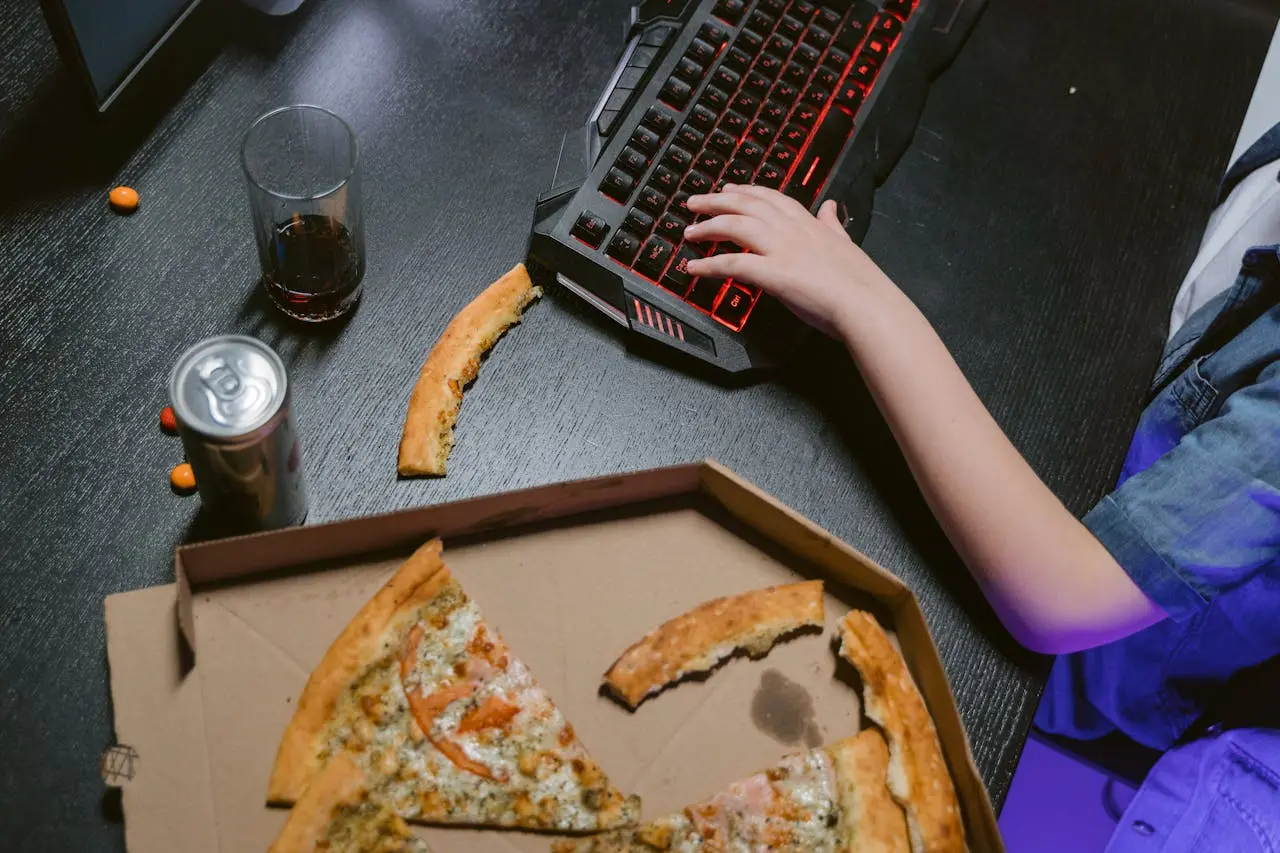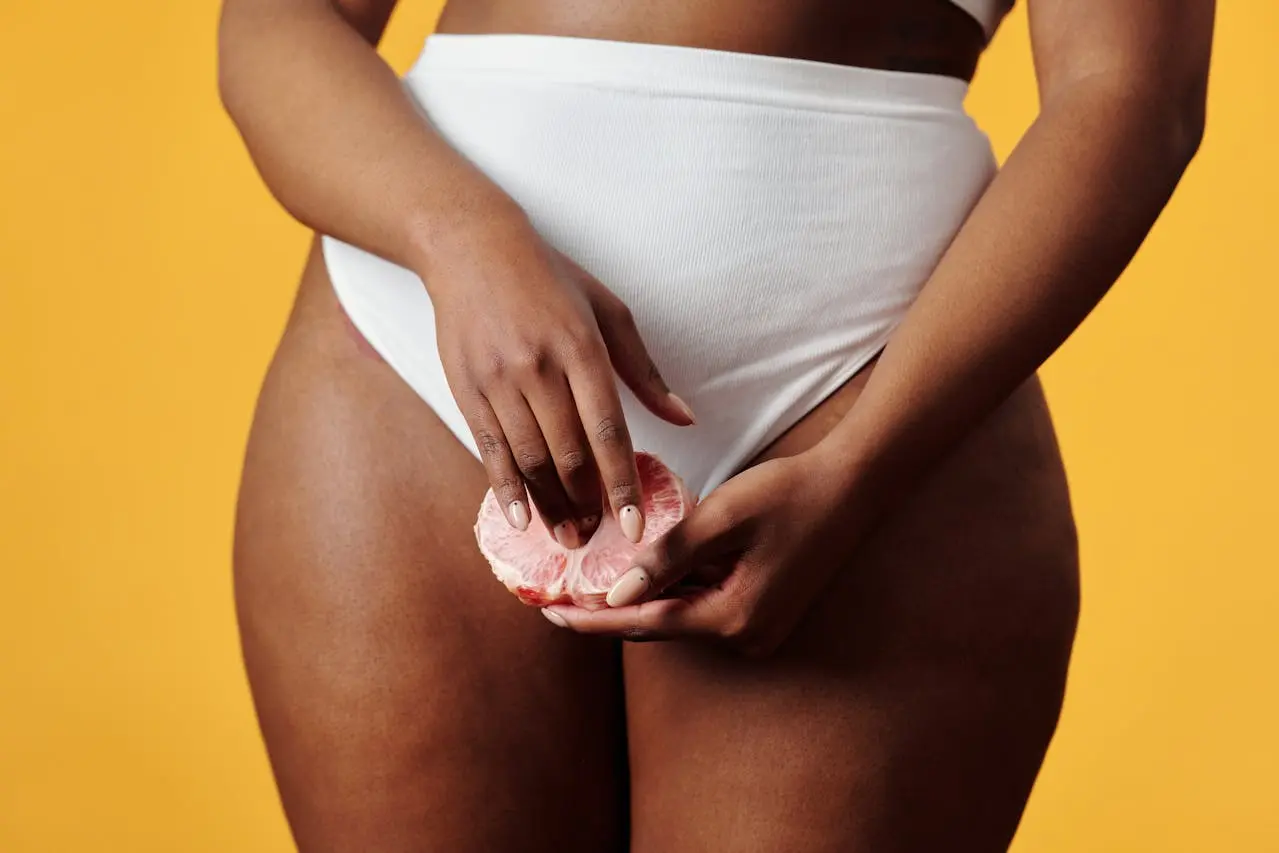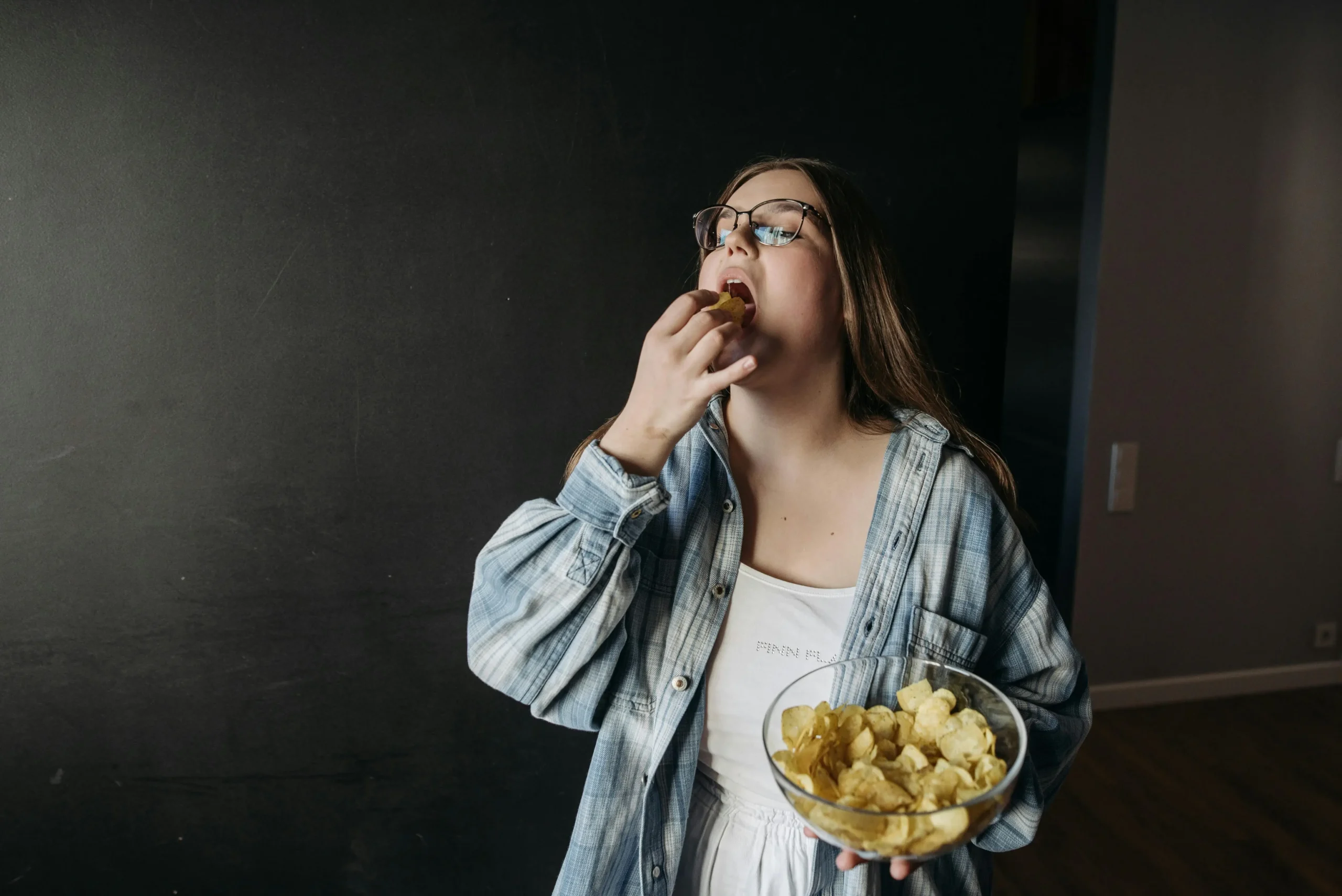You’re not tired.
You’re wrecked.
And you’ve normalized it.
Dragging your body through the day like a half-charged phone and wondering why your mood, memory, and motivation are all shot? Yeah, that was me too.
But here’s what no one tells you: unless you are diagnosed, you don’t have a sleep problem. You have a discipline problem.
And once you fix the garbage habits you call a “routine,” your body will finally stop fighting you.
Let me show you exactly how I took back my sleep and got my life back in the process.
1. Late-Night Eating Was Wrecking My Recovery
Let’s start with the most obvious sabotage move: eating close to bedtime.
I used to justify it by saying, “I didn’t eat all day,” “I’m bulking,” or “I’ll burn it off tomorrow.”
Every time I shoved food down right before bed, my sleep tanked.
Heartburn, bloating, restlessness. I was digesting when I should be recovering.
Now I cut the kitchen off at least 3 hours before sleep.
Your gut needs to shut up so your brain can do its job.
2. My “Flexible” Bedtime Routine Was a Lie
Back then, I treated sleep like a vibe.
I’d crash whenever and wake up groggy, wondering why I felt like I got hit by a bus.
Now?
I go to bed and wake up at the same time daily. No matter what. Even weekends.
That consistency retrained my brain, and now, my body literally begs for bed when the time hits.
3. I Turned My Bedroom Into a Sleep Cave
Once I admitted my room was part of the problem, I went full savage.
Cooler temps (20°C is the sweet spot), blackout curtains, no noise, and a mattress that doesn’t feel like plywood or a trampoline.
I cleaned up the mess. Kicked out the distractions.
No screens. No clutter. No chaos.
It’s no longer a bedroom, but a recovery zone.
4. I Stopped Using My Phone Like a Pacifier
This one hurt.
Scrolling in bed felt “harmless.” But it was rewiring my brain to resist sleep.
Blue light? It’s not just bad, it’s hostile. It blocks melatonin.
So now I shut it down.
Two hours before bed: no screen, no scrolling. I read. I journal. I breathe. I actually let my brain slow down instead of jacking it up with dopamine loops.
5. I Cut Caffeine at 1 PM and Never Looked Back
I love coffee. But it doesn’t love me back after lunch.
Caffeine sticks around.
It blocks adenosine, the hormone that whispers, “hey, it’s time to rest.”
When that’s gone? You’re wired, not tired.
Now, if I need a boost, I earn it before 1 PM. After that, I hydrate, walk, or just deal.
My sleep matters more than a second cup.
6. I Started Worshipping the Sun
Daylight tells your brain it’s daytime. Sounds basic, but I was missing it.
I used to stay in dark rooms all day, then wonder why I couldn’t sleep at night. Idiotic.
Now, I get sunlight early.
It anchors my internal clock.
Then at night, I dim the lights, no bright LEDs after 9 PM. I treat light like medicine: dose it right, and your sleep will fix itself.
7. I Made My Naps Work for Me, Not Against Me
Nap culture is cute until it’s chaos.
Random, 2-hour midday naps? You might as well punch your sleep schedule in the throat.
Now I nap with military precision: 20 to 40 minutes, max.
Always before 3 PM. It’s not indulgence. It’s a strategy.
Anything longer, and I’d ruin my sleep at night.
8. I Quit Thinking Alcohol Helped Me Sleep
Alcohol sedates you. It doesn’t let you sleep.
I used to sip something “to relax,” and I’d pass out fast.
But then I’d wake up at 3 AM like my brain just got slapped awake.
REM sleep gets trashed. Deep sleep gets interrupted. It’s fake rest.
Now, if I drink, it’s hours before bedtime. Or I skip it entirely. Simple.
9. I Moved More During the Day, So I Could Sleep Harder at Night
Sleep isn’t just about what happens at night; it’s earned during the day.
If you’re sedentary, don’t expect your body to shut down on command.
It still has energy to burn.
So I get moving.
Walks, lifting, stretching.
I don’t care what it is, as long as I push my body enough to want recovery.
And I time it smart: no heavy sessions right before bed. I wind down, not rev up.
10. I Fed My Melatonin, Naturally
I’m not a fan of shoving pills in your face. Here’s the truth: you can eat your way to better sleep.
Melatonin isn’t just made by your brain; it’s in your food, too.
Eggs, fish, tart cherries, nuts, etc.
I worked them into my dinner rotation, not as magic bullets, but as one more piece of the puzzle.
My sleep thanked me.



